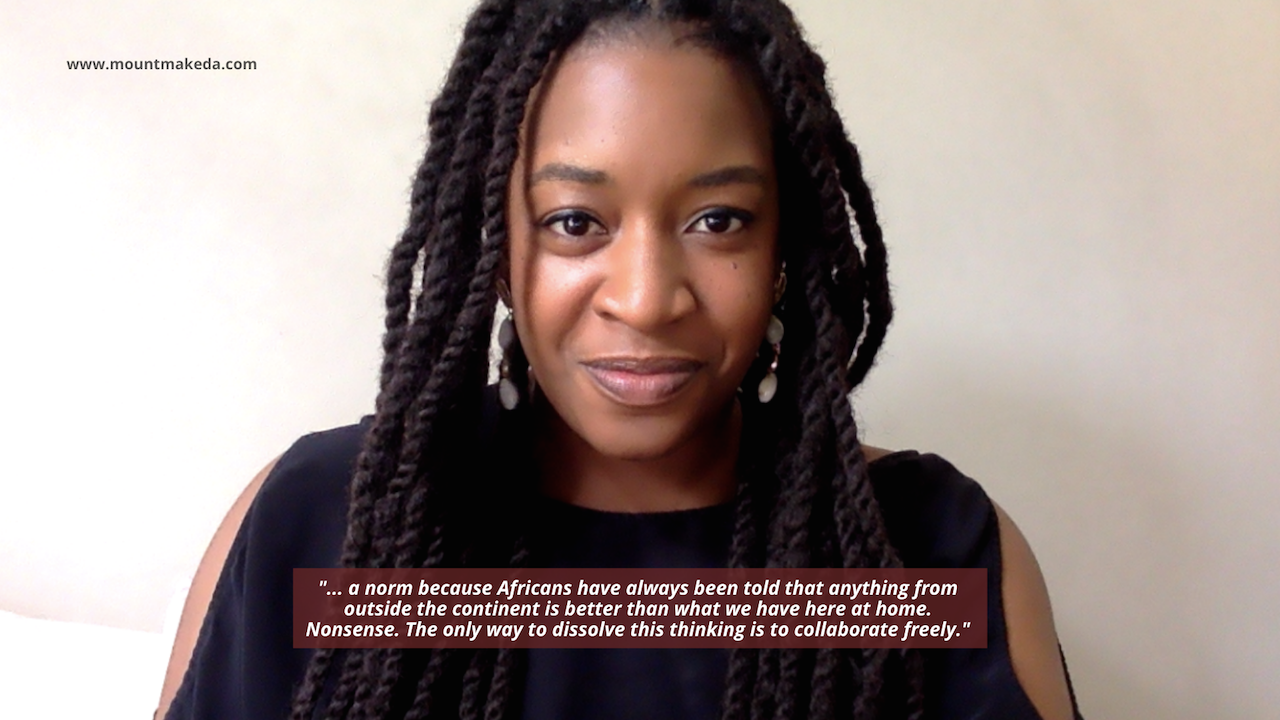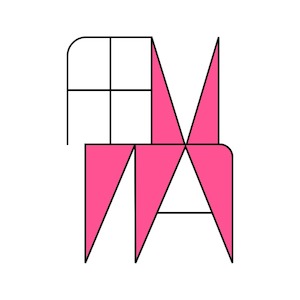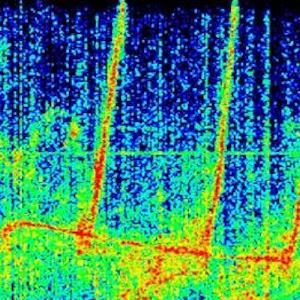"When I was very young I loved listening to the radio. My father and mother leaned on music for every occasion, every single one... and I came to do that as well.." states Shiba Melissa Mazaza, a music journalist, curator and media strategist. Founder of Mount Makeda. The story of Mount Makeda mirrors the rise of independent movements across the African continent, which are gradually redefining the 'status and agency' of music made by new generation Africans. For decades, partly due to a dull euro-centric outlook, Africa as a whole has been largely viewed (and exoticized) as traditional, ethnic or tribal. For decades the African music industry was modelled by and around euro-centric values. But that is changing bit by bit. In 2019 we featured emerging female hiphop and rap from Senegal. Consequently we are discovering 'new scenes' that are spawning across the 2nd largest continent on earth. Malawi-bred and South Africa-based Shiba Melissa Mazaza is one bright example of collectivising voices and talent. Also self-empowering her own career in a multidisciplinary sense. She was selected by the Salzburg Global Seminar in 2020 to participate in the Young Creative Innovators Forum. The past few years she has created content for Mixmag, RedBull Academy, TRUE-Africa and Black Major to name a few. Her aim is clear, to "ring in the next generation of culture creators who draw their strength from each other and from within, fostering the economic and spiritual freedom". We spoke to Shiba recently about Mount Makeda and new electronic music networks, growing locally within the southern part of Africa.
What is Mount Makeda? How and when was it formed?
Mount Makeda is my first company, founded in January last year. I named it this because it tells the story of my name and my intent. The Queen of Sheba, sometimes called Makeda, built a temple for herself to call home, called Debra Makeda. "Debra" means "Mountain." I do a lot of work in a lot of different spaces, such as curation and consultation, writing, media strategy, journalism, facilitating panels and all manner of things where words and sounds meet, but at the heart of these is the idea that music is fuelled by identity, what mountains we've had to climb to be here ... and what we build for ourselves. I like to help people build their own temples, in their own names, on their own terms.
Your own background in music or per say electronic music?
When I was very young I loved listening to the radio. My father and mother leaned on music for every occasion, every single one... and I came to do that as well. I decided to drop out of art school to write about music, and things really snowballed from there. I became a blogger, then a journalist, a voice over artist, an events coordinator, then a media manager and strategist. So all of these experiences have prepared me to look on all sides of the scope, from artist-centric, to media-centric and brand or platform-centric. Electronic music just ever gets old and it's been at the heart of most every movement that has given folks identity. House music started with the black queer community, Afro-beats carved out a path for Africans in the global arena and Kwaito gives South Africans something to be proud of every day. Electronic music lets us own our identities, popular or not, there's always a story.
Tell us about some of the emerging scenes (of electronic music) in Africa?
Zambia has a great house scene championed by folks like by Sebastian Dutch and Bones, and so does Kenya where Gondwana KE are doing amazing things. Maloya (La Reunion Island) has an electro evolution that I can't get enough of and SAYA is such a passionate soul to listen to and to watch live. I don't think you'll have space for all the folks I want to mention so I'll let you check those out in the lead-up to some new platforms coming in the next few months where I'll be able to bring you a whole database of amazing sounds from the continent!
The future of electronic music in your vision? What do you think about the pathways in the coming years?
I foresee a lot more collaborative work happening across borders and across continents. It's important to make this a norm because Africans have always been told that anything from outside the continent is better than what we have here at home. Nonsense. The only way to dissolve this thinking is to collaborate freely. I've said this before -- there needs to be a bridge between the diaspora and the continent and I foresee this happening with dance music and making HUGE waves for how we see ourselves and others. This is how we become one...
I foresee a lot more collaborative work happening across borders and across continents. It's important to make this a norm because Africans have always been told that anything from outside the continent is better than what we have here at home. Nonsense. The only way to dissolve this thinking is to collaborate freely. I've said this before -- there needs to be a bridge between the diaspora and the continent and I foresee this happening with dance music and making HUGE waves for how we see ourselves and others. This is how we become one...





























0 -